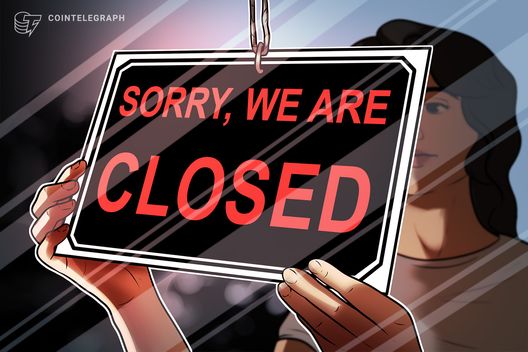Brazil is tightening its grip on the digital currency sector with new regulations set by the country’s central bank, unveiled on November 10th. This initiative mandates that cryptocurrency service providers attain permission from the Central Bank of Brazil, aligning crypto sector norms with those prevailing in the financial domain. These measures are designed to enhance scrutiny and curtail illicit activities such as money laundering and the financing of terrorism.
Who Needs Approval?
In a bid to bring order, all crypto-related service operators, classified into intermediaries, custodians, and brokers, now fall under similar regulations as traditional financial entities. This means adherence to stringent customer protection, governance, and cybersecurity requirements is essential. Additionally, companies are required to establish robust compliance and risk management systems and have clear strategies for incident responses in place.
Entities conforming to these criteria will be awarded operational licenses by the bank. Transactions with unregistered parties will face limitations, capped at $100,000. Furthermore, activities involving stablecoins or international cryptocurrency transactions will adhere to foreign exchange market norms. “This framework is essential to prevent fraud and money laundering,” explained Gilnew Vivan, the Director of Banking Regulation.
What Makes Brazil a Crypto Leader?
Scheduled to commence in February 2026, these regulations afford crypto companies a nine-month period for adaptation. Failure to comply by November 2026 could lead to enforced shutdowns.
Brazil stands as a dominant force in Latin America’s cryptocurrency economy. According to Chainalysis, the nation climbed to fifth place in the global crypto adoption index this year, a significant jump from its tenth position last year. The period between July 2024 and June 2025 saw Brazil engage in crypto transactions worth $318.8 billion, representing one-third of Latin America’s total crypto dealings.
A remarkable increase in the domestic application of digital currencies has been noted. Central Bank President Gabriel Galipolo highlighted that the adoption rate has surged, with about 90% of these dealings involving stablecoins. Commenting on Brazil’s strategic framework, Chainalysis remarked that it serves as an exemplary model in Latin America and anticipates a global move towards comprehensive regulation shortly.
Key conclusions from Brazil’s crypto regulations reflect:
- Mandatory licenses for service providers from the Central Bank.
- Transaction limits for unauthorized participants capped at $100,000.
- An emphasis on compliance, risk management, and improved incident protocols.
- A nine-month compliance window, with consequences for non-compliance by November 2026.
- Brazil’s significant position in Latin America’s cryptocurrency landscape, ranking fifth globally in crypto adoption.
These developments showcase Brazil’s commitment to solidifying its digital currency framework and might prompt a more regulated global crypto scene. This bold regulatory leap could usher in increased stability and confidence in the cryptocurrency market across the world.
Disclaimer: The information contained in this article does not constitute investment advice. Investors should be aware that cryptocurrencies carry high volatility and therefore risk, and should conduct their own research.

















 English (US)
English (US)